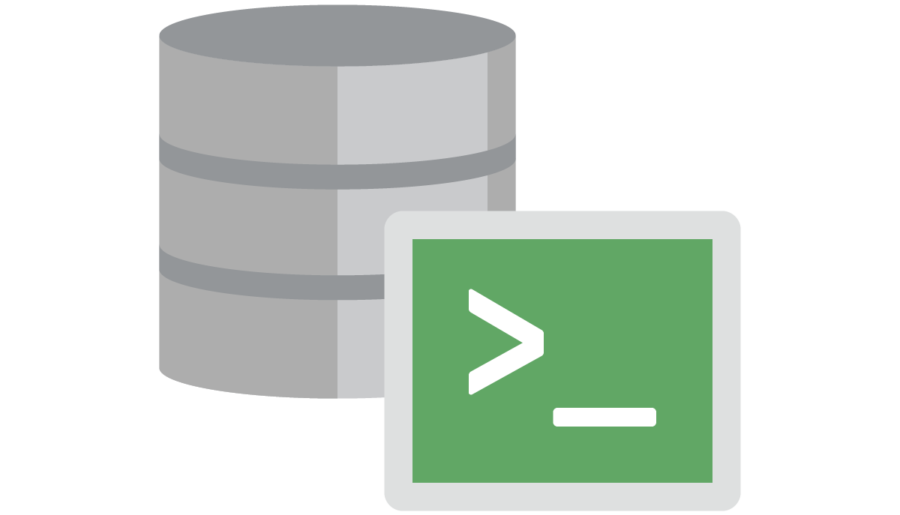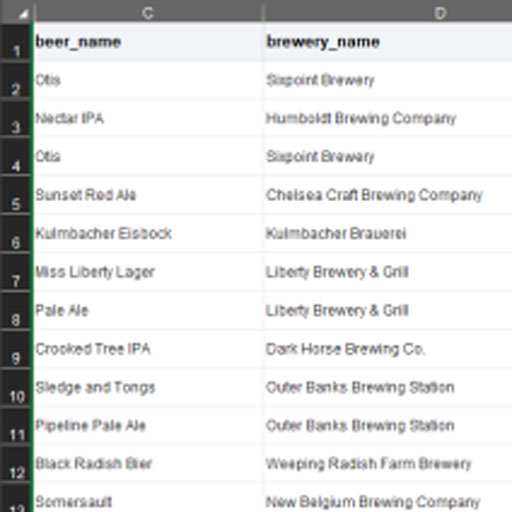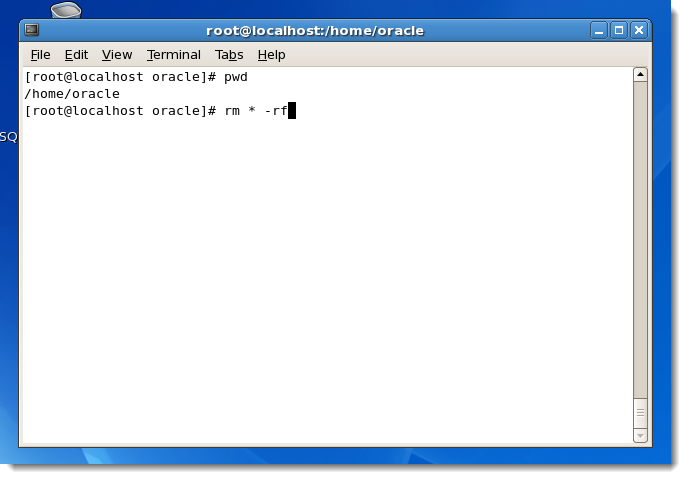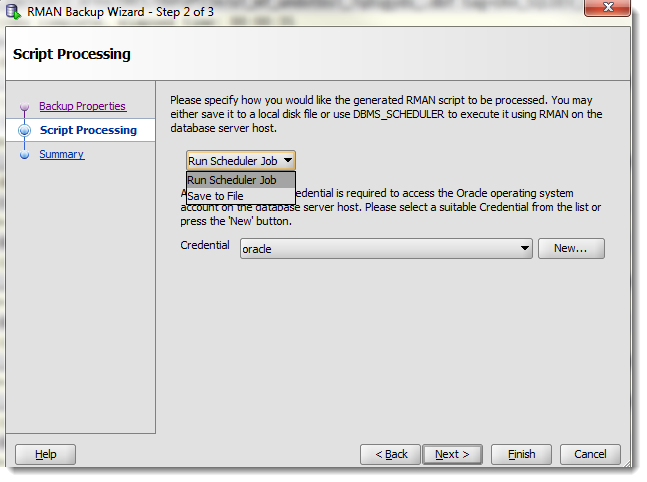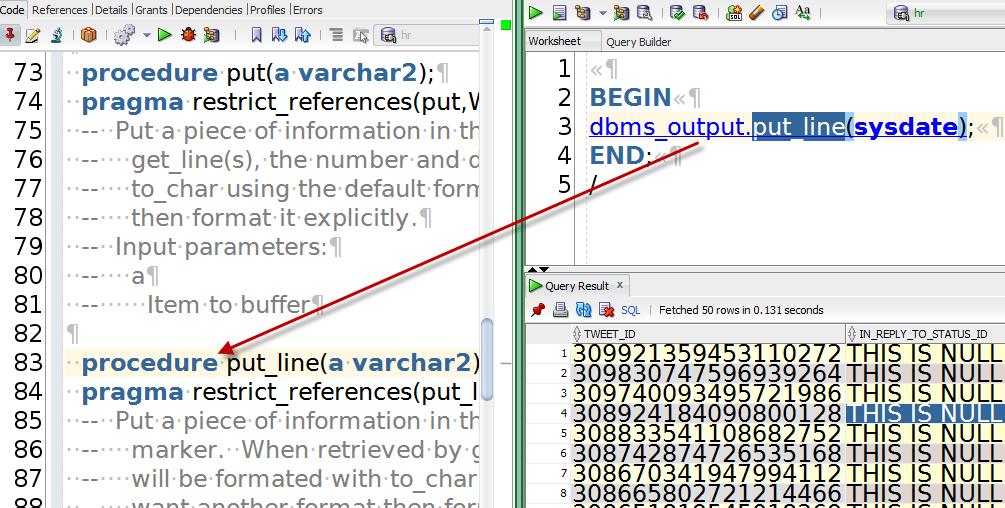Martin asks – I am searching for any method to pass any table name to a sql statement in a self-written report. My initial response was to quote Lewis’ article in Oracle Magazine where he discusses bind variables, Making the Most of Oracle Developer Reports. So binds work, but what about SQL*Plus Substitution Variables? You’ve seen these before: & – Input value and use once&& – Input value and use for entire session. The answer…
I’m poking around an unfamiliar schema or environment. I’m not sure what these procedures do. I could open them, but I’m lazy and I don’t want the tool to open another document/window. The ‘mystery’ code: These programs are self-documenting as they have the most awesome names ever! I’m guessing that one package will blast my enemies?, but I’m not sure. If only I could peek into the source without opening it!!! Hmm, what’s this thing…
SQL Developer is a pretty mouse-heavy tool. By that I mean that many of the functions are accessed via mouse-clicks. When browsing tables in the tree you may have noticed that you can expand a table node to display the table columns. There are some pretty cool features available under the context menu when clicking on a table column: Some of these actions are available under the table right-clicks, but a couple are not, ‘Encrypt’…
Updated: July 29, 2012 Defining what success means to you and your blog is something you have to do before you can answer questions like ‘Is this working?’ If you’re using your website or blog to sell widgets, it’s pretty easy to measure. Are we selling more widgets or do customers on average spend more per transaction, or do we make more money with less products – these are all pretty easy metrics to measure.…
Our most popular post – how to get data from your Excel spreadsheet into your Oracle table. All of the clicks, plenty of pictures – and even a video if that’s not enough to get you going.
Looking forward to attending KSCOPE12 in San Antonio? Yes? Awesome – I will see you there. I’ll be presenting two sessions: SQL Developer Tips and Tricks Debugging PL/SQL With SQL Developer No? Can’t make it? That’s OK, because I’m working with the awesome folks at ODTUG to bring my SQL Developer Tips and Tricks session to you via webcast! You can sign up for our session on Tuesday, April 24, 2012 12:00 PM – 1:00…
Source control systems are a vital component to any serious software development environment. Tracking and merging changes, branching new versions, or reverting back to a previous incarnation of the code is so much easier when you have your source code versioned in a system like Subversion or CVS. Of course source control isn’t the answer to every question. Sometimes you just want to crack open your editor, splat some code out, and run it. Adding…
I’ve already violated my oath to never use acronyms with the blog title, so for those that do not know what RMAN is, please go read the DOCS. Recovery Manager (RMAN) is fully integrated with the Oracle database to perform a range of backup and recovery activities, including maintaining an RMAN repository of historical data about backups. You can access RMAN through the command line or through Oracle Enterprise Manager. Hmmm, remind me to talk…
DBMS_OUTPUT is a technology that many Oracle people will just assume you already grok. It is a very basic building block for Oracle PLSQL programs. If you do not understand it, then your first attempts at scripting will likely be very frustrating. So in a nutshell from the Oracle Docs – The DBMS_OUTPUT package enables you to send messages from stored procedures, packages, and triggers. The package is especially useful for displaying PL/SQL debugging information.…
This is a pretty old topic as far as SQL Developer goes. There are public articles going back to 2007 that show you how to extend the functionality in SQL Developer via SQL and XML. But I’m going to guess that for many of you that this is a new subject. Knowing that extensions exist versus being able to create one is an important distinction. I want this post to help you realize both! We’re…




